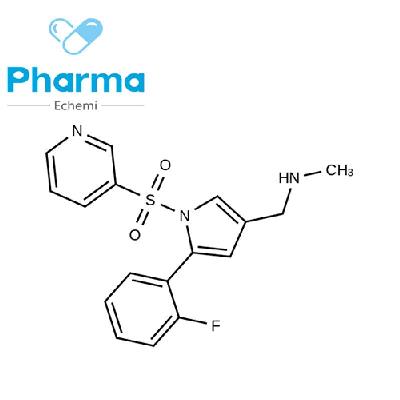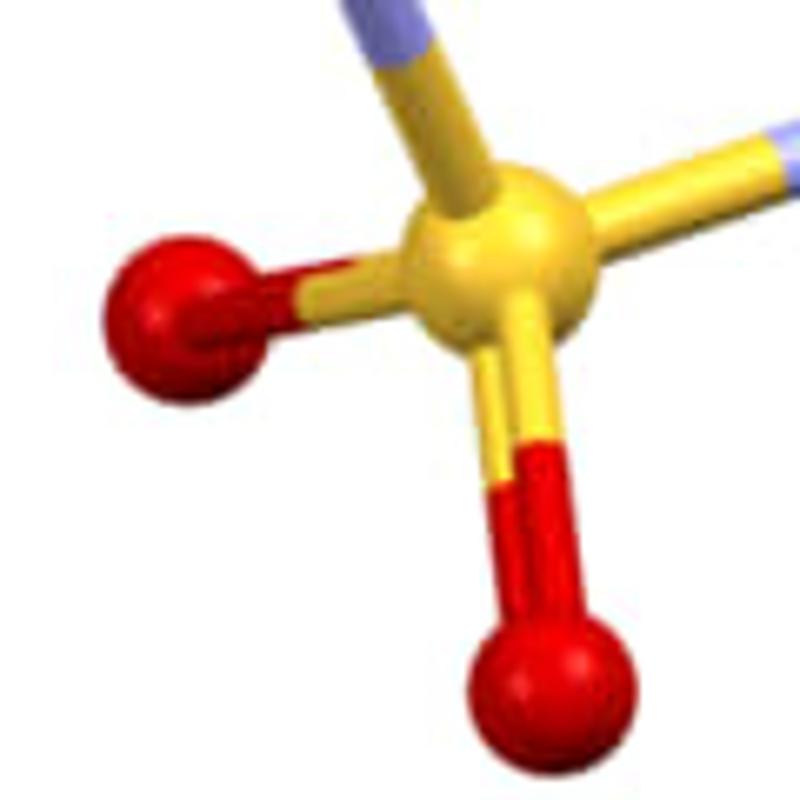-
Categories
-
Pharmaceutical Intermediates
-
Active Pharmaceutical Ingredients
-
Food Additives
- Industrial Coatings
- Agrochemicals
- Dyes and Pigments
- Surfactant
- Flavors and Fragrances
- Chemical Reagents
- Catalyst and Auxiliary
- Natural Products
- Inorganic Chemistry
-
Organic Chemistry
-
Biochemical Engineering
- Analytical Chemistry
-
Cosmetic Ingredient
- Water Treatment Chemical
-
Pharmaceutical Intermediates
Promotion
ECHEMI Mall
Wholesale
Weekly Price
Exhibition
News
-
Trade Service
This review comprehensively summarizes the latest progress in clinical treatment and preclinical research of advanced liver cancer, and puts forward insights and thoughts
on the bottleneck and future development trend of liver cancer research.
Liver cancer is a malignant tumor
with multi-gene participation, multifactorial mediation and complex pathological mechanism.
In 2020, there were about 906,000 new cases of liver cancer and 830,000 deaths worldwide, of which about 50% occurred in China (Globocan 2020, IARC, WHO).
Liver cancer mainly includes hepatocellular carcinoma, intrahepatic cholangiocarcinoma and hepatoblastoma, hepatocellular carcinoma (HCC) is the main type of primary liver cancer, accounting for about 85%-90%
of liver cancer patients.
For patients with early-stage liver cancer, surgical resection and liver transplantation are effective treatments
.
Due to the difficulty of early diagnosis of liver cancer and the rapid progression of the disease, most patients have progressed to the middle and advanced stages when they are diagnosed, and the opportunity
for surgery has been lost.
For these patients, systemic therapy improves overall survival
.
Currently FDA-approved first-line therapies for advanced liver cancer include Sorafenib, Lenvatinib, and Atezolizumab (PD-L1 inhibitors) and Bevacizumab (angiogenesis inhibitors).
of combination therapy
.
It is worth mentioning that compared with Sorafenib monotherapy, the combination therapy of Atezolizumab and Bevacizumab can significantly prolong the survival of liver cancer patients, and the overall response rate of patients can reach 27.
3%, and the median overall survival can reach nearly 20 months
.
In addition to FDA-approved therapies, many new liver cancer therapies are in clinical trials in recent years
.
These new therapies can be divided into the following three categories: targeted drug therapy, immunotherapy, combination therapy strategies, etc
.
The authors elaborate on the combination therapy strategy for advanced liver cancer and divide it into the following five categories: combination therapy based on targeted drugs, combination therapy based on immune drugs, combination of immune drugs and angiogenesis inhibitors, combination of immune drugs and multi-target kinase inhibitors, and combination of immune drugs and other drugs
.
The authors comprehensively summarize the clinical trials of these therapies, giving readers a "panorama" of systemic treatment of advanced liver cancer
.
Subsequently, the authors further analyzed the possible challenges and potential opportunities
of systemic treatment of advanced liver cancer.
At present, systemic treatment of liver cancer lacks effective biomarkers
.
The authors summarize the potential candidate markers for targeted therapy and immunotherapy, and discuss potential intervention strategies for high-frequency mutations in liver cancer (such as TERT promoter, TP53, CTNNB1, etc.
).
Finally, the author introduces the treatment concepts that are still in the conceptual stage of liver cancer treatment, such as One-two punch and Synthetic lethality, which will help deepen the understanding of liver cancer treatment and open up new potential treatment strategies
.
In 2021, Qin Wenxin's team presented Exploring liver cancer biology through functional genetic screens In the journal Nature Reviews Gastroenterology & Hepatology, he published a long review summarizing the application of functional gene screening technology in liver cancer research [2].
This is the team's second lengthy review
of liver cancer research published in Nature Reviews in the past two years.
Professor Qin Wenxin and Wang Cun of Shanghai Cancer Institute, Professor René Bernards of the Netherlands Cancer Institute, and Professor Andrew X.
Zhu of the Cancer Research Center of Massachusetts General Hospital and Shanghai Jiahui International Cancer Center are the corresponding authors of this paper.
Dr.
Chen Yang and Dr.
Hailin Zhang, doctoral students of Shanghai Cancer Institute, are the first authors
.
Original link:
https://doi.
org/10.
1038/s41575-022-00704-9
Platemaker: Eleven
References
1.
Chen Yang, Hailin Zhang, Linmeng Zhang, Andrew X.
Zhu, René Bernards, Wenxin Qin, Cun Wang.
Evolving therapeutic landscape of advanced hepatocellular carcinoma.
Nat Rev Gastroenterol Hepatol.
https://doi.
org/10.
1038/s41575-022-00704-92.
Cun Wang, Ying Cao, Chen Yang, René Bernards, Wenxin Qin.
Exploring liver cancer biology through functional genetic screens.
Nat Rev Gastroenterol Hepatol.
2021 Oct; 18(10):690-704.
Reprint instructions
【Non-original article】The copyright of this article belongs to the author of the article, welcome to forward and share, reprinting is prohibited without the permission of the author, the author has all legal rights, violators will be investigated
.







